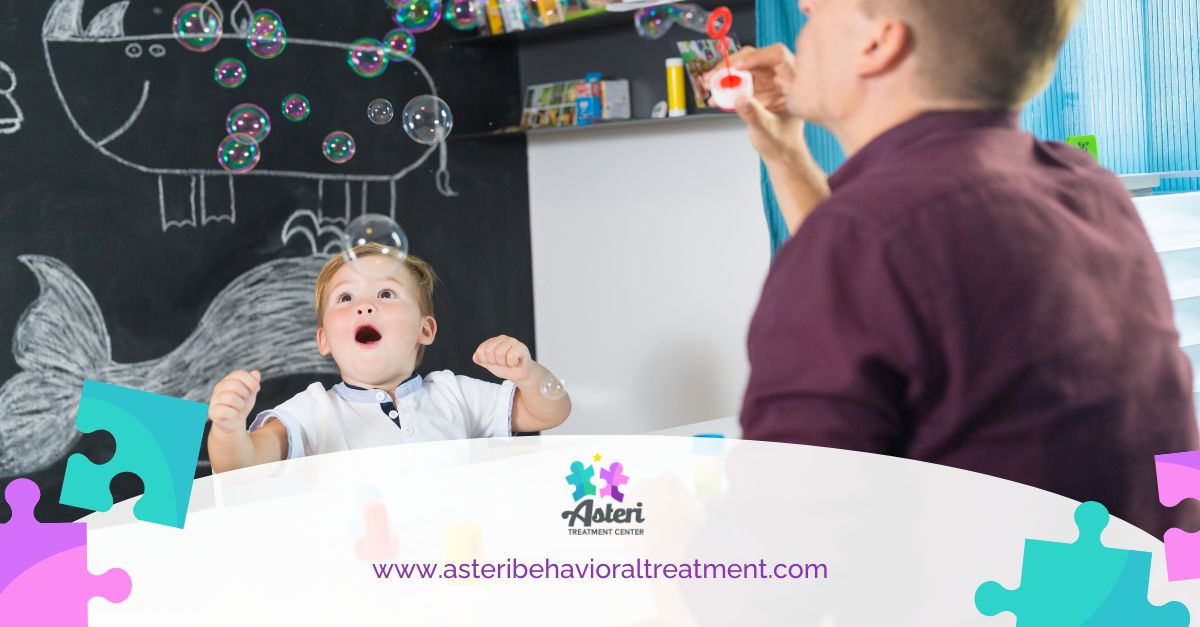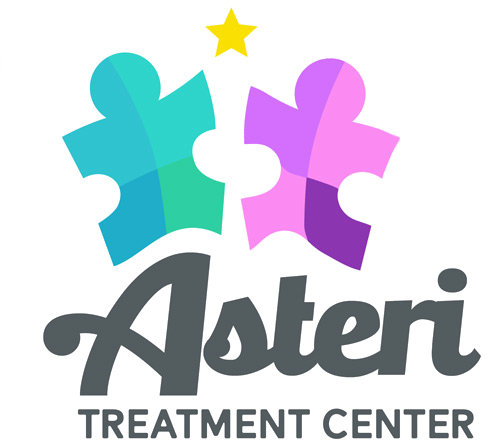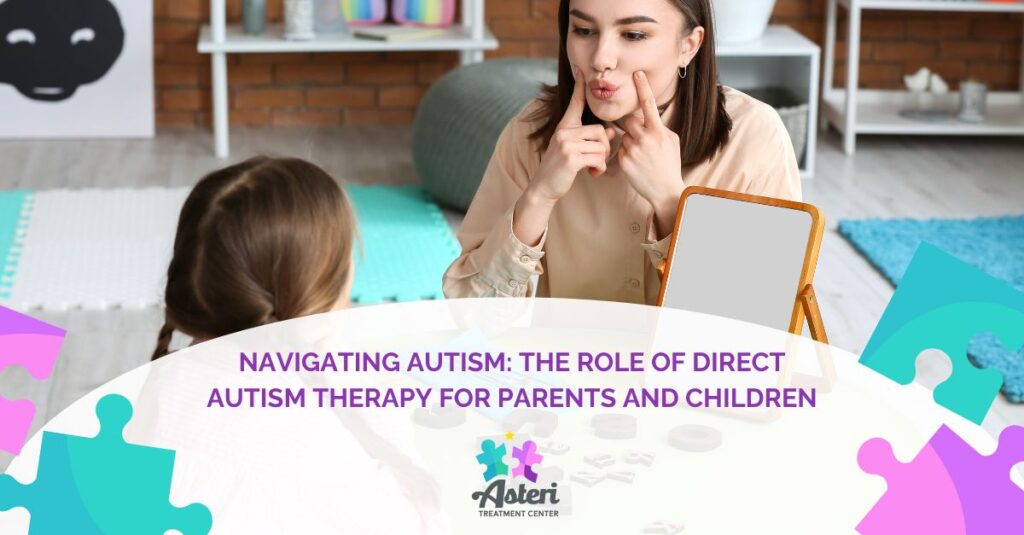Every child’s development is unique, and for parents of children with Autism Spectrum Disorder (ASD), this truth is especially significant. While raising a child with autism can be both rewarding and challenging, understanding your child’s needs and providing the right support can make all the difference. That’s where direct autism therapy comes in.
What Is Autism Spectrum Disorder (ASD)?
Autism Spectrum Disorder (ASD) is a neurodevelopmental condition that affects how a person experiences the world. It can impact communication, behavior, and social interactions. Since autism exists on a spectrum, its characteristics and severity vary widely from one child to another. Some children may face challenges in sensory processing, while others might excel in specific, focused areas like music, math, or art.
While every child with autism is unique, what remains constant is the importance of a supportive environment. Behavior therapy serves as a core tool in creating that environment and helping children develop crucial skills at their own pace.

How Behavior Therapy Supports Children with Autism
Behavior therapy focuses on teaching skills and managing behaviors in a structured, tailored way. Here’s how it provides vital support for children with ASD:
1. Building Essential Life Skills
Behavior therapy helps children develop the skills they need for daily living. This might include communication, social interaction, or self-help behaviors like brushing teeth or organizing schoolwork. Techniques like Applied Behavior Analysis (ABA) break down these tasks into smaller, manageable steps, making the learning process approachable and rewarding.
2. Reducing Challenging Behaviors
Some children with ASD may display challenging behaviors such as tantrums, aggression, or difficulty following routines. Direct autism therapy focuses on identifying the triggers behind these behaviors and creating strategies for effective management. This not only helps the child but also eases the strain on parents and caregivers.
3. Encouraging Communication and Connection
Building communication skills, whether verbal or non-verbal, is a core goal of behavior therapy. Therapists collaborate with children to find ways to express their needs and emotions, leading to stronger connections with those around them.
4. Boosting Emotional Regulation
Through structured intervention, children learn techniques to manage feelings of frustration or sensory overload. Over time, they gain confidence and independence in handling difficult situations.
The Role of Parents in Behavior Therapy
Parents are more than just caregivers—they play a vital role as partners in their child’s therapy journey. Behavior therapy empowers parents with techniques and insights to better understand and support their child’s growth. Therapists guide parents on how to practice and reinforce specific behaviors at home, as consistency in daily life can greatly enhance progress. By identifying situations that trigger challenging behaviors, parents can collaborate with therapists to create a positive and proactive environment. Celebrating small achievements is another essential aspect, as recognizing progress helps motivate children further. At Asteri Treatment Center, we provide parents with tools, workshops, and resources to actively participate in their child’s behavioral therapy plan.
How Asteri Treatment Center Supports Families
Asteri Treatment Center specializes in providing tailored, holistic support for children with autism and their families. Unlike a one-size-fits-all approach, the Center’s direct autism therapy focuses on each child’s individual strengths and challenges. Services include:
- A wide variety of therapy options, from behavioral interventions to creative therapy approaches that engage specific interests.
- Collaborative parent coaching sessions to ensure families feel empowered to continue therapy strategies at home.
- Expert guidance for families navigating education systems, Individualized Education Programs (IEPs), and support networks.
By combining state-of-the-art therapeutic methods with a compassionate, family-centered approach, Asteri Treatment Center has become a trusted partner for many parents.
Practical Tips for Parents Navigating Autism
Whether you’re just beginning your autism awareness journey or already exploring behavioral therapy, there are key strategies to help you and your child thrive. Start by connecting with experts, such as therapists, special education teachers, and coaches who understand autism and can deliver personalized insights tailored to your child’s unique needs. Establishing a routine is also essential, as consistency provides a sense of safety and predictability, though it’s equally important to allow flexibility when needed. Don’t forget to lean on a support network by joining parent groups or online autism communities, where you can share challenges, advice, and victories with other families. Celebrate every milestone, big or small, as these moments—such as making a new friend or learning a new word—reflect growth worth cherishing. Finally, become an advocate for your child by raising awareness among educators, friends, and medical professionals about their strengths, talents, and needs to foster a more understanding and inclusive environment.
Why Therapy Benefits the Whole Family
Behavior therapy offers more than just improved communication, reduced challenging behaviors, or skill-building for the child with ASD. It creates emotional support for the entire family. Parents gain a deeper understanding of their child, siblings may experience less stress in the home environment, and family bonds can grow stronger as everyone works together.
Finding the Right Resources With Support
Parenting a child with autism may feel overwhelming at times, but you don’t need to do it alone. Therapy centers like Asteri make it possible for families to achieve growth, connection, and resilience. Whether you’re looking for strategies to manage everyday situations or ways to nurture long-term progress, the right support system makes all the difference.
Explore Asteri Treatment Center’s range of services and start your behavior therapy journey today. Together, we’ll create a brighter future, one small step at a time.

